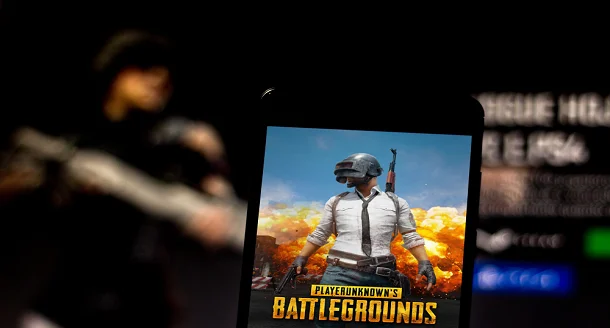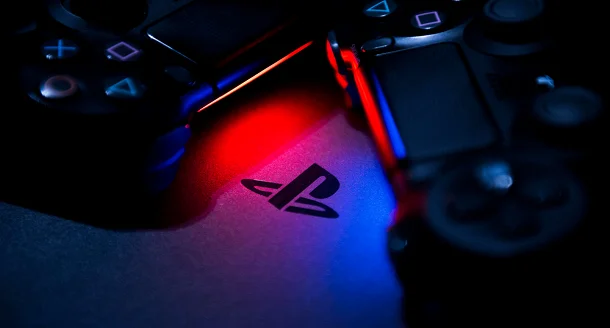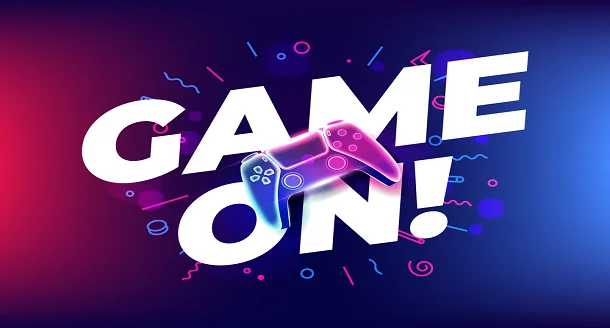What is the relation between student life and games, and how do they help our education? There’s evidence that games improve social relationships and attention. And a recent study showed that video game playing was related to higher academic achievement and socioeconomic status. But there are mixed results. The type of game a student plays also seems to matter. The PISA test, or Programme for International Student Assessment, is one of the most widely used assessments of academic achievement.
Sports:
Taking up sports can help you manage your time better. Most students’ life revolves around classes, library, and leisure activities. Sports are an excellent way to stay fit and active while studying. You can learn more about time management skills, attend class, and train with your team. You can even develop your leadership skills if you help others grow. Sports can also help you cope with criticism. Student-athletes also develop strong character traits like discipline and patience.
Games:
Students must balance their social life with their school work and their study during the school years. Games help them deal with these challenges. Many games allow students to fail safely and even learn from their mistakes. Games such as Burnout Paradise allow players to crash their cars, earning bonus points for the most spectacular crashes. Unlike real life, games encourage students to learn from mistakes and move on to the next level.
Sports improve attention:
The benefits of sports are numerous. They improve mental health, but they also help students perform better in class. Whether playing an outdoor sport or an indoor one, physical activity helps boost concentration and energy. Additionally, playing sports can help students develop valuable life skills and increase their self-esteem. While it may not be the easiest way to boost your child’s grades, sports will improve their self-confidence and help them deal with stressful situations.
Sports improve social relationships:
Many studies have shown that participating in sports promotes positive outcomes for students, including increased self-esteem and increased positive social interactions. However, this outcome depends on the game’s climate and appropriate leadership. There is a symbiotic relationship between games and society, and the benefits of participation in sports are positive for students and the community. Below, we discuss some positive and negative aspects of sports participation and social integration.
Sports improve self-esteem:
There is no doubt that sports can increase self-esteem in student life, especially in children. Children who participate in sports experience various benefits, including physical activity, socialization, and healthy competition. In addition, participating in sports can help a child build self-esteem and confidence because of the positive results they see while practising a particular sport. The following are some of the ways sports can boost your child’s self-esteem:
Sports improves physical health:
The most prominent benefits of sports participation for student life were cited as having fun and exercising, and winning games and championships was the second most important reason. These benefits were cited more often by students than by winning college scholarships. That’s a big deal for student-athletes, especially those who have to work hard to stay in shape. The benefits of sports for student life are numerous. Read on to learn how sports can help your college students stay healthy and fit.
Sports improve mental health:
One of the top benefits of playing sports is improved mental health among students. According to one study, participation in sports can reduce symptoms of depression and stress. In addition, physical activities like playing sports improve sleep and improve social health. And as many studies show, playing sports can even help ward off alcohol and drug abuse. So, how can sports improve student mental health? Here are some ways to increase your participation in sports.
Author Bio:
Miguel Gabriel is a research-based content writer. He has worked in various industries, including healthcare, technology, and finance. He is currently working as a writer in Research Prospect, famous for dissertation writing services and Report writing services. When Miguel is not writing or researching, he enjoys spending time with his family and friends. He also loves travelling and learning about new cultures.


